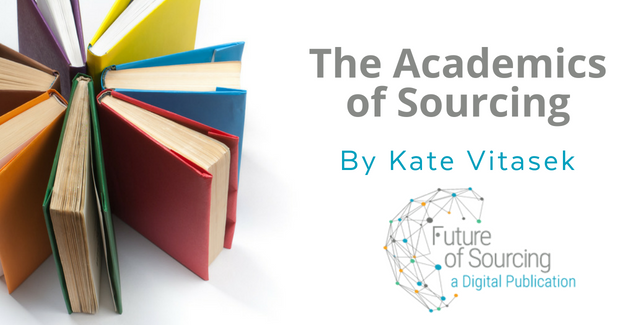Too often people and businesses are locked into either destructive I-win-you-lose relationships, or what I often call a “ping pong” match where you are in a so-so relationship but either don’t know there is a better way or don’t have the courage to get out because things are not actually bad.
Luckily, things are changing and people are starting to wake up to the fact that win-win approaches are real – and offer real advantage and are worth the extra effort.
I often write about John Nash’s early work on win-win thinking – but today I want to focus on win-win from a different lens: a psychology lens. More than 50 years ago Eric Berne’s powerful work on Transactional Analysis, social relationships and the “games people play” touched off an entire school of thought and analysis on how people – and by extension businesses – relate (and don’t relate) to each other.
Berne’s classic Games People Play: The Basic Handbook of Transactional Analysis is widely recognised as the most original and influential popular psychology book of our time. It is based on two ideas: first that we have three parts (parent, adult and child) or “ego-states” to our personality; and secondly that these converse with one another in “’transactions.” When people communicate, each exchange is a transaction. Many games – and conflicts – can result from these dynamics. Those ideas, it seems to me, are directly applicable to the unhealthy business and outsourcing relationships that often develop, as illustrated in the ten common ailments that disrupt or derail outsource deals.
The way a company and its supplier or service provider interact will speak volumes about their long-term prospects for success.
For example a company that insists on playing the role of a controlling parent by trying to monitor and measure everything the supplier does – an activity I call “measurement minutiae” as explained in Ailment 9 – will likely only result in a thick notebook of too many meaningless metrics along with extreme frustration between the parties.
Berne says that games are ritualistic transactions or behavior patterns between individuals that can indicate hidden feelings, purposes or emotions. An example of this in the outsource world is the Activity Trap (Ailment 3): Under a transaction-based model, the service provider is paid for every transaction – whether or not it is needed. The more transactions performed, the more money for the outsource provider. The outsource provider has no incentive to reduce the number of non-value-added transactions, because a reduction of transactions would result in a reduction of revenue. Thus the transaction becomes, in Berne’s parlance, an unneeded and burdensome ritual. Instead of collaborating through incentives, trust and flexibility for the best outcome (as in a Vested Outsourcing partnership) the company and service provider work at cross-purposes.
It’s time for companies to put their hidden motives and total self-interest behind them, recognising these behaviours ultimately poison relationships.
While Berne’s focus was primarily on human interactions, given the US Supreme Court’s controversial ruling in Citizens United that corporations are people, linking his ideas to the business world is not all that outlandish. Whether you agree with the court’s logic or not it strikes me that many corporations probably could benefit from a few sessions on the couch to re-think and re-vamp their mindsets regarding competition, winning and their relationships with their employees and service providers.
Berne says the ideal life position to attain is “I’m OK, you’re OK,” which puts you in a position to satisfy your needs while being happy that others are able to satisfy their needs. So for all the naysayers of win-win out there who have not bought into Nash and his win-win thinking, pause for a minute and explore Berne and his “I’m OK, you’re OK” mind-set. Whatever you call it, I call it Vested.






